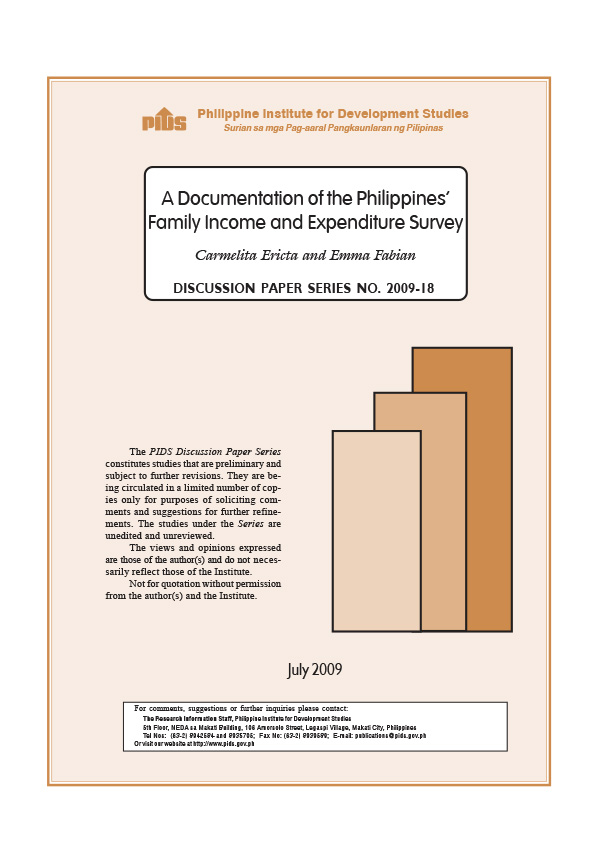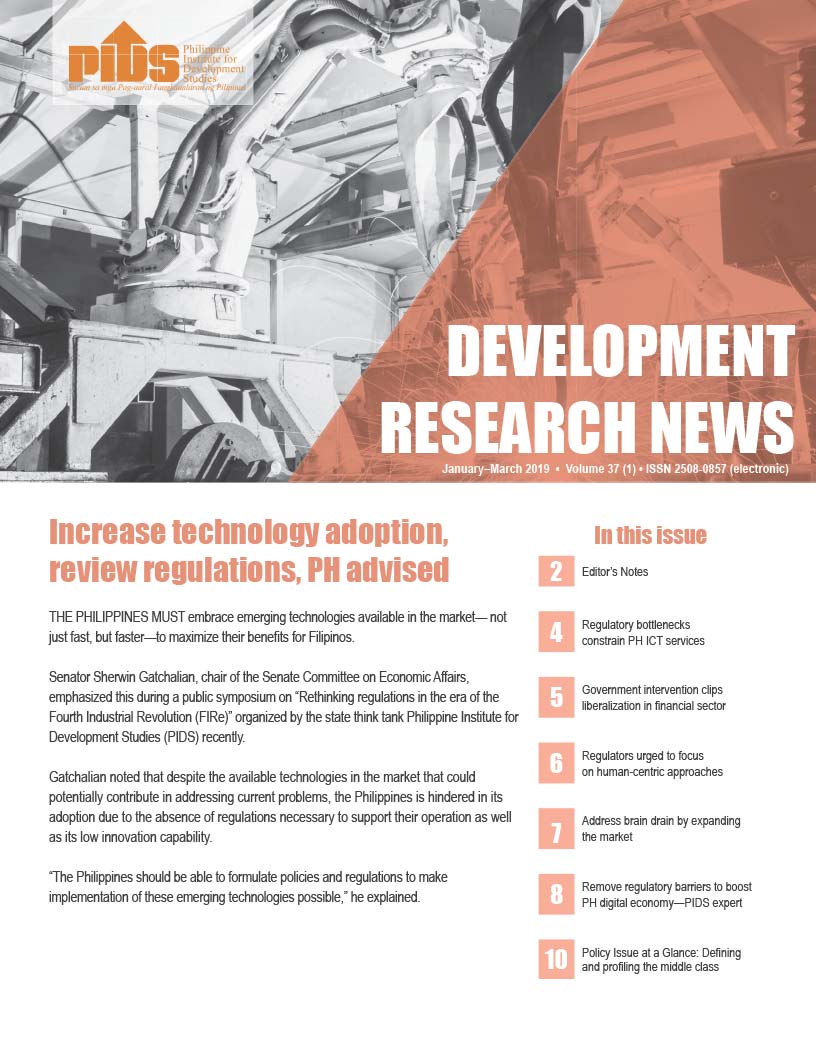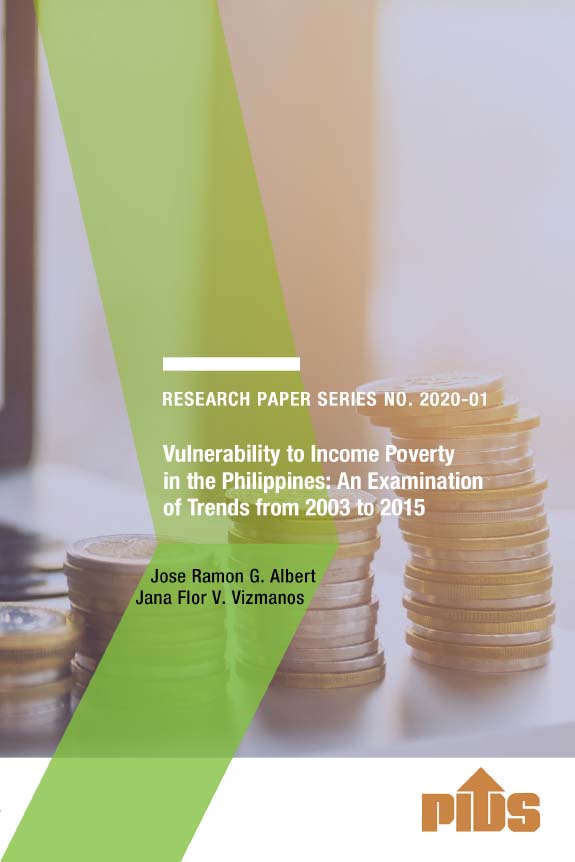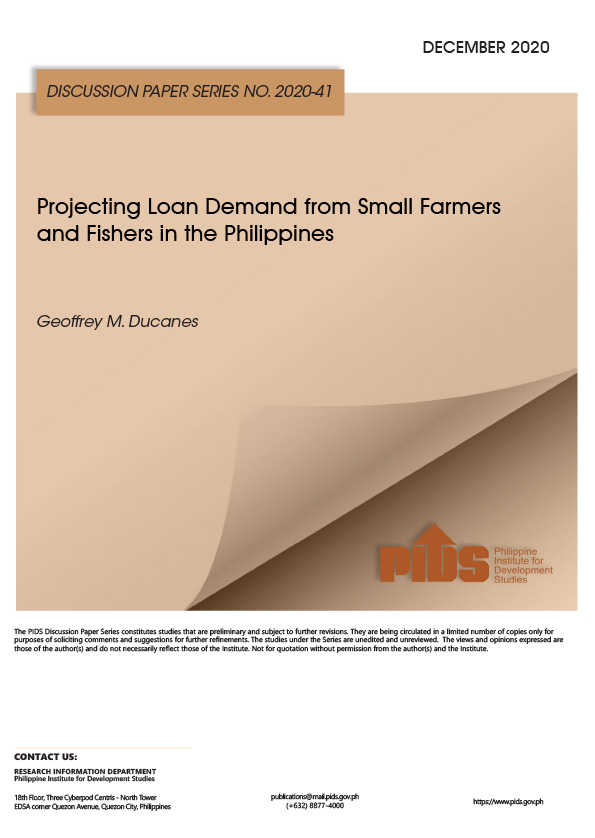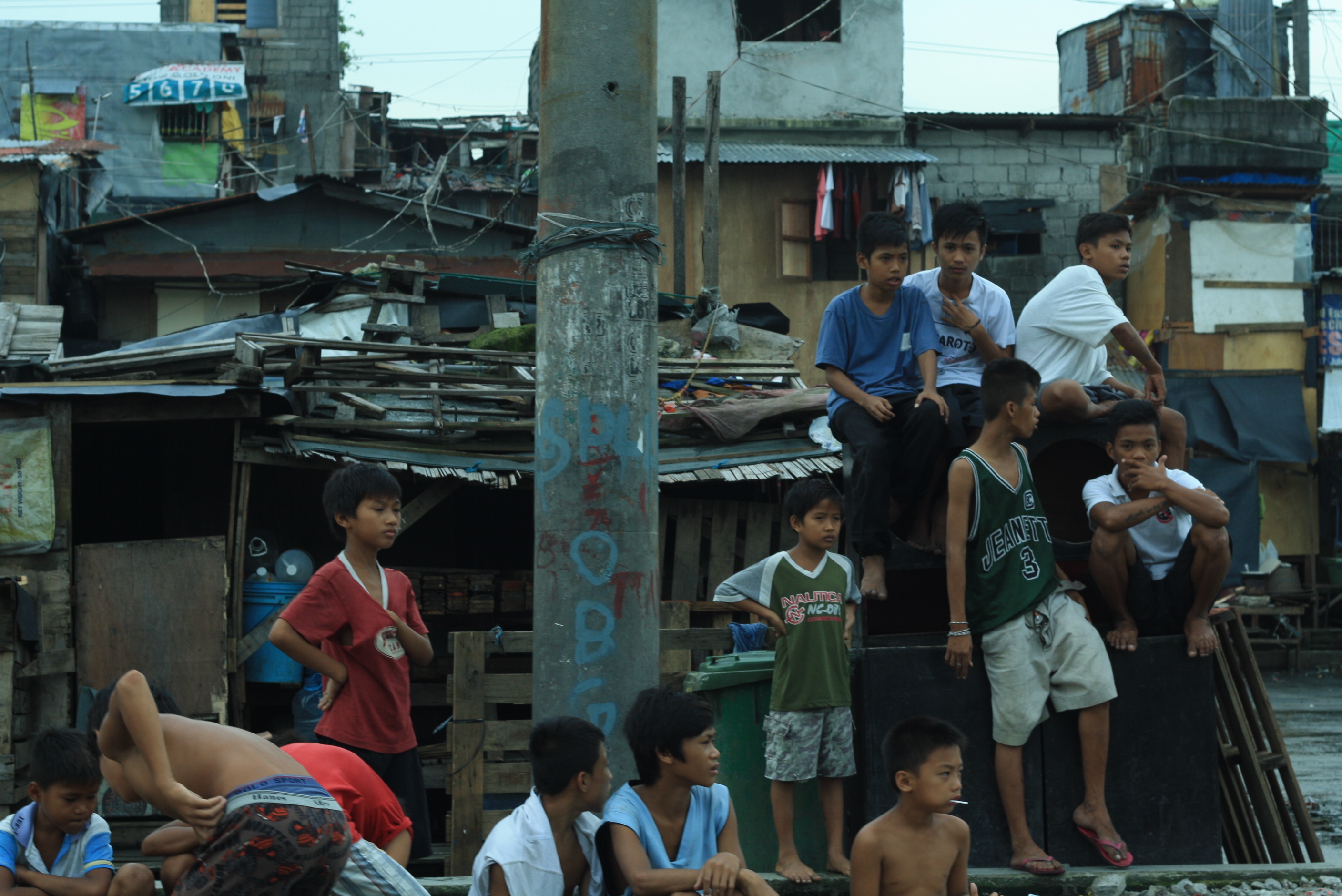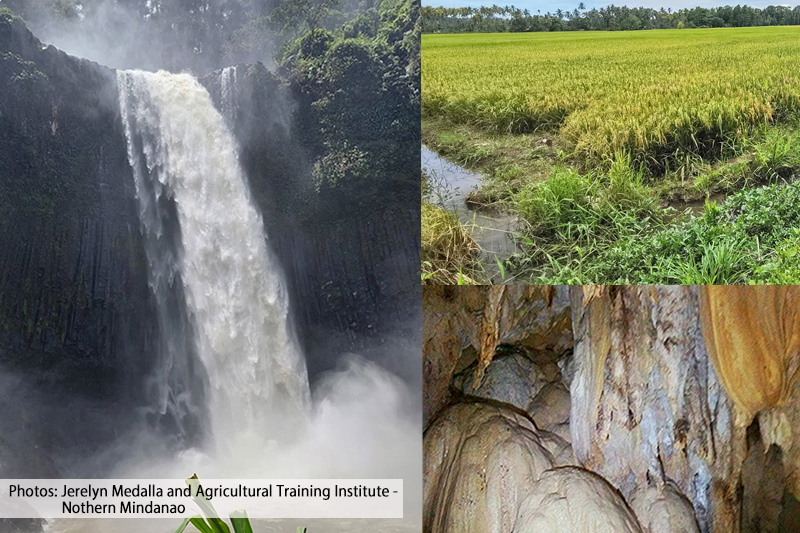The quality of poverty estimates relies heavily on the data sources. One of the sources of data for poverty estimation in the Philippines is the Family Income and Expenditure Survey (FIES). The FIES is the source of detailed information on income and expenditures of Filipino families. Conducted by the National Statistics Office every three years, it is an input to the calculation of critical poverty data necessary to monitor the condition of the poor in the country. In this document, one will be able to look into how the FIES is administered, how it evolved through time, how the concepts of family and income are defined, what the survey covers, how much it costs to conduct the FIES, how detailed the survey questions are, how long it takes to complete the enumeration, and what the issues surrounding it are.
Citations
This publication has been cited 6 times
- Briones, Roehlano M. 2017. Characterization of agricultural workers in the Philippines. Working Papers id:12308. eSocialSciences.
- Briones, Roehlano M. 2017. Characterization of agricultural workers in the Philippines. Discussion Papers DP 2017-31. Philippine Institute for Development Studies.
- Martinez, Arturo Jr. 2016. Analytical tools for measuring poverty dynamics: An application using panel data in the Philippines. Working Papers id:10550. eSocialSciences.
- Martinez, Arturo Jr. . 2016. Analytical tools for measuring poverty dynamics: An application using panel data in the Philippines. ADB Economics Working Paper Series 477. Mandaluyong City, Philippines: Asian Development Bank.
- Martinez, Arturo Jr. et.al. 2014. Is there income mobility in the Philippines?. Asian-Pacific Economic Literature 28(1), 96-115. Asia Pacific School of Economics and Government, The Australian National University.
- Parel, Danileen Kristel C. 2014. Growth and redistribution: Is there 'trickle down' effect in the Philippines?. Discussion Papers DP 2014-02. Philippine Institute for Development Studies.

